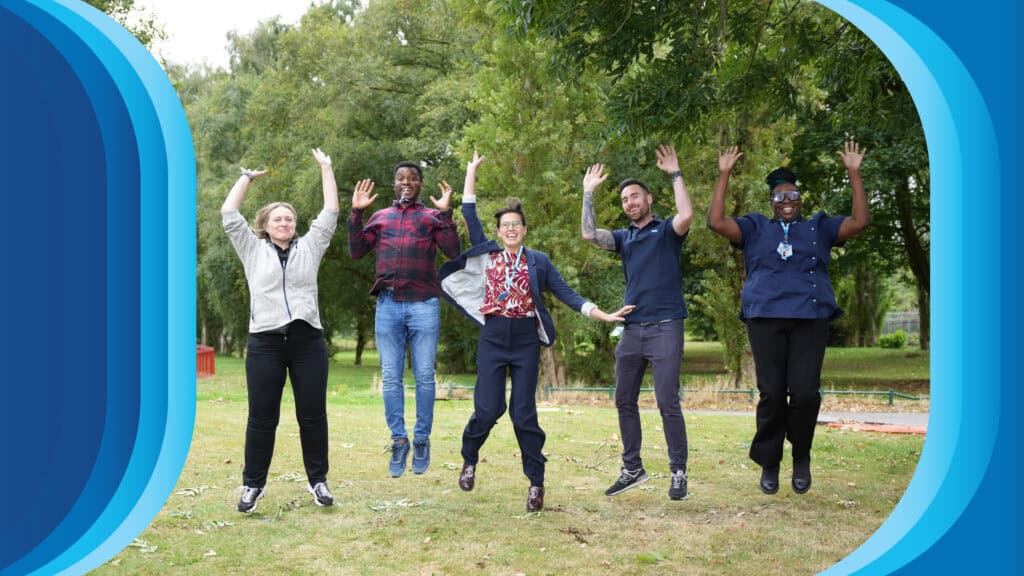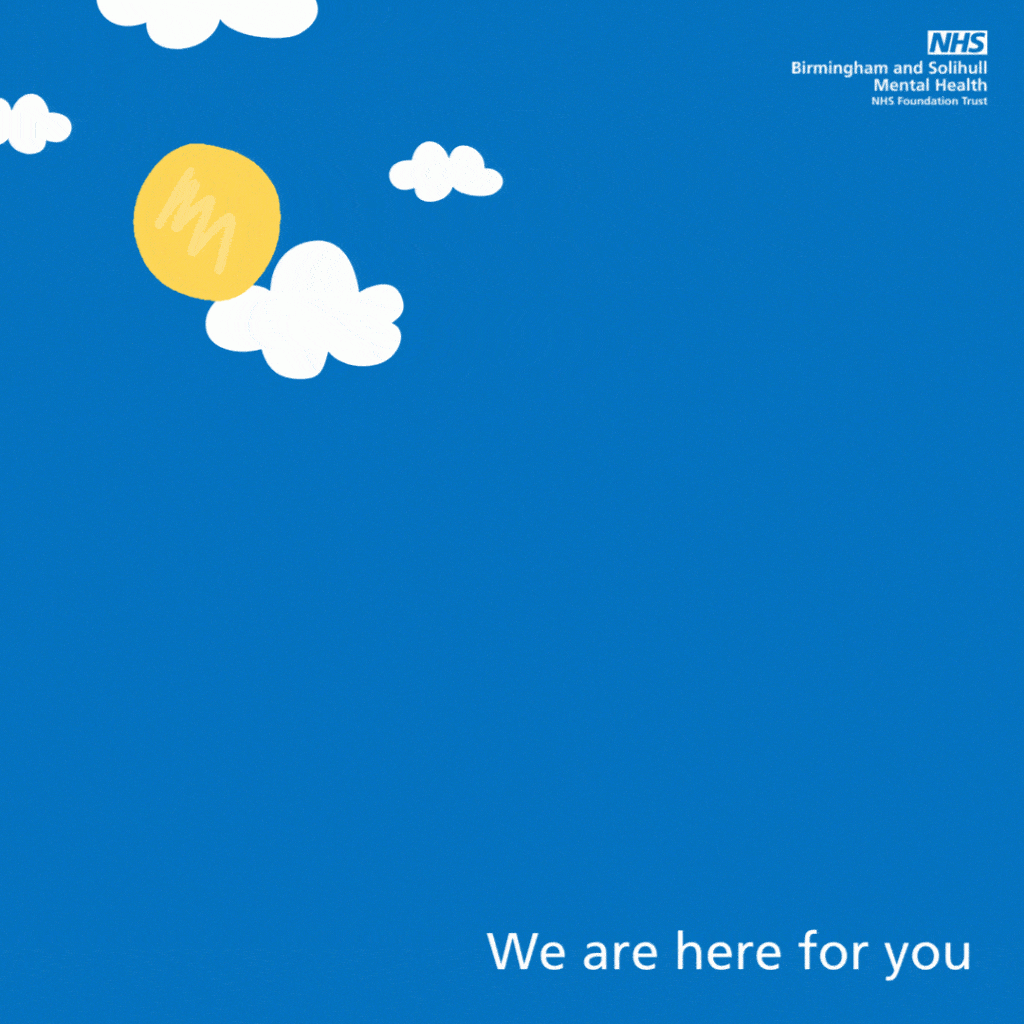Over one million people in the UK have bipolar disorder. If you or a loved one has been diagnosed with bipolar and would like to understand more about it, our Bipolar Services team has provided information that could be beneficial to you.
What is bipolar?
Bipolar is a severe mental illness characterised by mood swings and changes in energy levels. It can affect thoughts, feelings and behaviour. Someone with bipolar can have long or short periods of stability but can then experience low mood (depression) or ‘high’ (experiencing hypomania, mania, or psychosis). Some people with bipolar only experience high moods and not low moods – everybody’s experience is different and is unique to them.
Bipolar affects people of all ages and from all backgrounds. In the UK, over one million people have bipolar, and their symptoms are usually first noticeable as teenagers or young adults. 50% of people get symptoms before the age of 21.
Bipolar symptoms result from a system imbalance that makes it difficult to regulate mood and as a result, someone’s mood can become unstable or stuck in states of depression or mania. Medical and psychological interventions can help with this and most people with bipolar are living within a balanced mood range known as ‘euthymia’.
The impact of bipolar

The condition can have a huge impact on both the person with the illness and their loved ones. During both manic and depressive episodes, people with bipolar may do things they regret. They may not be able to keep up with their work or responsibilities.
People living with bipolar tell us that they frequently blame themselves for their behaviour. Self-stigma, guilt and shame are common. These negative feelings, low self-worth and traumatic experiences can cause stress, making it even harder to maintain a balanced mood. However, with the right support and self-management someone with bipolar can live well and fulfil their potential.
Support provided by our BSMHFT Service
At BSMHFT we offer medical, family and psychological interventions. We also have teams of different professionals that can support people with a diagnosis of bipolar such as mental health nurses, occupational therapists and employment workers.
Specialist Mood Disorder Clinic
Professor Steven Marwaha runs a specialist mood disorders clinic which focuses on evidence-based management of bipolar, so that people with the condition can achieve a durable balanced mood and get on with the rest of the lives. His research focuses on understanding the early phases of bipolar disorder and evaluating treatments for this condition. Professor Marwaha is also a commissioner for Bipolar UK, the national charity for people with the condition and worked with them to implement their ground-breaking report, Bipolar Minds Matter based on the views of hundreds of people with lived experience of bipolar disorder.
Mood on Track

We are one of only a few Trusts that has a specific team for talking therapies for those with a diagnosis of bipolar disorder, cyclothymia or schizoaffective disorder – which all have high and low moods in common.
The Bipolar Service offers the Mood on Track (MoT) programme, a cognitive-behavioural psychological intervention designed specifically for bipolar disorder. It incorporates elements of social rhythm and family therapy framework within this psychoeducation approach. The MoT course aims to improve patients and service user’s understanding of their difficulties and self-management of their mood. After completing group sessions, service users are offered six – eight individual sessions. These sessions are designed to consolidate and personalise information covered in the group sessions, with a focus on mood management. They allow service users to think about what protective factors help with wellbeing, what they might find stressful, how they can best approach stressors in the future and how to identify and respond to early signs of mood change.
Every year the team run nine courses, and this will hopefully increase to 12 courses this year (2024). People who take part in the course can also access specialist Cognitive Behavioural Therapists and receive help for other difficulties such as anxiety. Their family can access support too.
Making a referral
Clinical colleagues can make referrals to the Bipolar Service using this referral form.
Published: 30 March 2024









